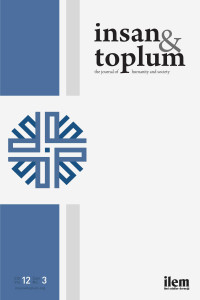Talal Asad, Secular Translations: Nation-State, Modern Self, and Calculative Reason. New York, NY: Columbia University Press, 2018. 225 pp.
The book under review is an expanded version of the inaugural Ruth Benedict Lectures delivered at Columbia University in 2017. All chapters and sections present strong depth, as multiple strands of arguments and analyses ranging from incredibly rich disciplines of study are interlaced within and among the various chapters. Given that reducing the author’s essays into a single argument are next to impossible, the main ideas of this book have nevertheless been pitched and formed around the phenomenon and theme of translation, for translation cultivates and renders a particular understanding of a self whose genesis is rooted not only in the culture where one grows and learns, but also in a religious tradition whose effects can never be denied as such. us secular and religious issues have historically been much contested issues. Seen through the lens of the contemporary world, secular and religious issues are best apprehended and expressed through writing, for writing has secured its place as the dominant channel through which ideas and, moreover, practices ow (pp. 2–5).
Anahtar Kelimeler:
Talal Asad, Secular Translations, Nation-State
- ISSN: 2146-7099
- Başlangıç: 2011
- Yayıncı: İlmi Etüdler Derneği
Sayıdaki Diğer Makaleler
School Culture as a Tool for the Development of Occupational Commitment
